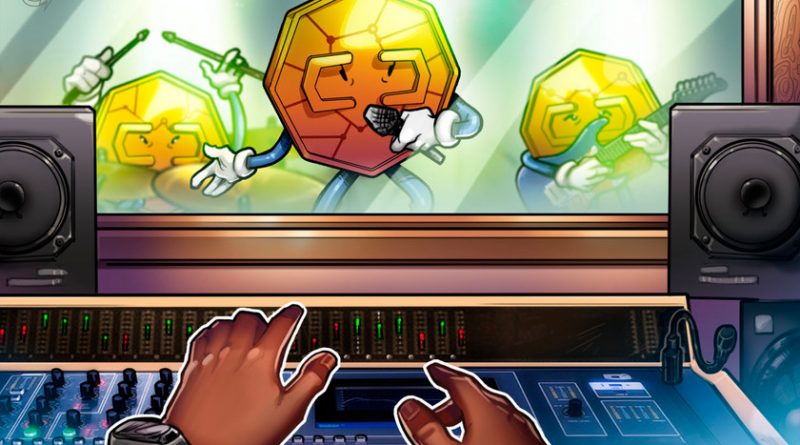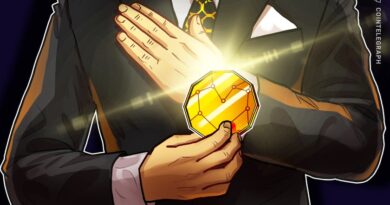Kings of Leon is releasing an album as an NFT
Kings of Leon returns after a four-year break with an exclusive album NFT sale.
American rock band Kings of Leon is the latest music project to jump on the bandwagon on the non-fungible token, or NFT, industry.
After a four-year break, including a delay caused by the COVID-19 pandemic, the Nashville family band is back with something more than just their eighth music album.
On Friday, Kings of Leon will release its new album, When You See Yourself, in the form of an NFT token, dropping three types of tokens as part of a series called “NFT Yourself,” the project told Rolling Stone. The album itself will be released on traditional platforms like Spotify and iTunes, while the NFT version will be available via decentralized ticketing platform Yellowheart. The band reportedly positions itself as the first project in history to sell a music album as an NFT.
All three types in Kings of Leon’s “NFT Yourself” series are designed to unlock special fan perks, with one of them limited to a special album package. Another one offers live show extras like front-row seats for life, and a third one for exclusive audiovisual art. One NFT token, priced at $50, includes extended media like an alternate album cover and limited-edition vinyl.
The sale of the album NFTs will open Friday and will continue for two weeks, after which the NFT becomes a tradeable collectible.
As previously reported by Cointelegraph, Yellowheart is a new project originally designed to provide a blockchain-based ticketing platform. Launched in early 2020, Yellowheart aims to help creators sell their event tickets directly, cutting out the industry middlemen known as scalpers.
Yellowheart CEO Josh Katz said that the firm offers consulting services to educate artists about blockchain and NFTs. Katz is confident that NFTs will make modern fans want to own music again: “It’s early stages, but in the future, I think this will be how people release their tracks: When they sell a 100,000 at a dollar each, then they just made $100,000.”




